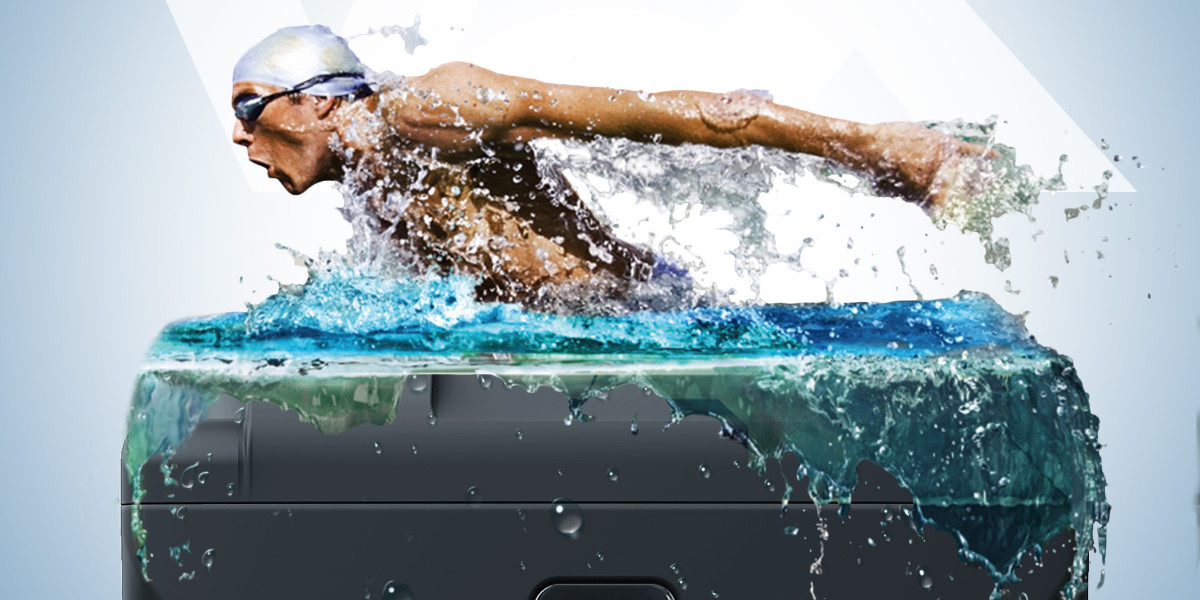How to Calculate the Energy Usage of Your Swimming Pool Heat Pump
Swimming pool heat pumps are a popular choice for efficiently heating pools, offering both comfort and cost savings. However, understanding the energy consumption of your heat pump is crucial to manage its efficiency and optimize usage. In this article, we will explore the step-by-step process of calculating the energy usage of your swimming pool heat pump. Additionally, we will delve into the benefits of heat pump suppliers, particularly residential heat pump manufacturers, who offer ultra-quiet operation, low noise levels, and energy efficiency certifications like TUV A+++.
1. Understanding the Basics of a Swimming Pool Heat Pump:
Before delving into energy calculations, it's essential to grasp the fundamentals of a swimming pool heat pump. These devices utilize electricity to extract heat from the surrounding air, transferring it to the pool water. This heat transfer process is highly efficient and allows for significant energy savings compared to traditional heating methods.
A swimming pool heat pump consists of three main components: the evaporator coil, the compressor, and the condenser coil. The evaporator coil absorbs heat from the air, which is then compressed by the compressor, increasing its temperature. The heated refrigerant flows through the condenser coil, transferring the heat to the pool water that circulates through it. This continuous cycle ensures efficient heating of the pool water.
Moreover, it's important to understand the concept of the coefficient of performance (COP) when discussing heat pumps. COP represents the ratio of heat output to the electrical energy input. The higher the COP, the more efficiently the heat pump operates. Selecting a heat pump with a high COP ensures optimal energy efficiency and cost savings.
By grasping these fundamental aspects of a swimming pool heat pump, you can better appreciate its functionality, troubleshoot potential issues, and make informed decisions regarding its usage and maintenance.
2. Factors Affecting Energy Usage:
Several factors influence the energy consumption of a swimming pool heat pump. These include:
- Pool size: The larger the pool, the more energy required to heat the water.
- Desired water temperature: Higher temperatures demand more energy.
- Climate: Colder climates necessitate more heating, impacting energy usage.
- Heat pump efficiency: Opting for an energy-efficient heat pump helps reduce consumption.
3. Gathering Data:
To accurately calculate energy usage, you'll need specific information about your heat pump. Consult the manufacturer's specifications or product manual for the following details:
- Heat pump power rating (in kilowatts) or energy input (in kilowatt-hours).
- Coefficient of Performance (COP): The ratio of heat output to energy input.
- Heating time or duration (in hours) during a typical pool season.
Start by consulting the product manual or contacting the manufacturer to obtain the heat pump's power rating or energy input, typically measured in kilowatts (kW) or kilowatt-hours (kWh). This information provides a foundation for determining the energy consumption of your pool heat pump.
Additionally, identify the Coefficient of Performance (COP) of your heat pump. The COP indicates the efficiency of the pool heat pump by measuring the ratio of heat output to energy input. A higher COP signifies greater efficiency and lower energy consumption.
To accurately assess energy usage, consider the heating time or duration during a typical pool season. Measure the number of hours per day or days per week that you typically run the heat pump to maintain the desired water temperature.
By gathering precise data on heat pump power, COP, and heating time, you can calculate the energy consumption of your swimming pool heat pump with greater accuracy. This data-driven approach allows you to make informed decisions regarding energy usage, efficiency improvements, and potential cost savings.
4. Determining Energy Consumption:
To calculate the energy consumption of your swimming pool heat pump, use the following formula:
Energy Consumption (kWh) = Heat Pump Power (kW) x COP x Heating Time (h)
For example, if your heat pump power is 7 kW, COP is 5, and you heat your pool for 6 hours per day during the pool season (180 days), the calculation would be:
Energy Consumption = 7 kW x 5 COP x 6 hours/day x 180 days = 37,800 kWh
5. Benefits of Heat Pump Suppliers:
When considering a swimming pool heat pump, it's crucial to choose reliable heat pump suppliers. Air to water heat pump manufacturers, in particular, offer numerous advantages:
- Ultra-quiet operation: Noise levels are kept to a minimum, ensuring a neighborhood-friendly environment.
- Energy efficiency certifications: Look for TUV A+++ rated heat pumps, guaranteeing high efficiency and significant cost savings.
- Quality and durability: Reputable manufacturers prioritize quality, ensuring long-lasting and reliable performance.
- Product support and after-sales service: Established suppliers provide comprehensive customer support and assistance.
6. Realistic Data and Case Studies:
To provide a more realistic perspective, let's consider an example. Suppose you have a medium-sized pool with a capacity of 50,000 liters and a desired temperature increase of 10°C. Using an energy-efficient heat pump, you can achieve a COP of 5. Heating the pool for 6 hours per day during a 180-day pool season, here's the calculation:
Energy Consumption = 7 kW x 5 COP x 6 hours/day x 180 days = 37,800 kWh
With this data, we can estimate the annual energy cost based on typical electricity rates. Assuming an electricity cost of $0.15 per kWh, the annual cost would be:
Annual Energy Cost = 37,800 kWh x $0.15/kWh = $5,670
Comparing this cost to alternative heating methods, such as gas or electric resistance heaters, you can see the significant savings offered by an energy-efficient swimming pool heat pump.
Calculating the energy usage of your swimming pool heat pump is essential for managing its efficiency and optimizing cost savings. By understanding the basics of heat pump operation and considering factors like pool size, desired temperature, and climate, you can accurately estimate energy consumption. Choosing reputable heat pump suppliers, such as air to water heat pump manufacturers offering ultra-quiet operation, energy efficiency certifications like TUV A+++, and reliable customer support, ensures a quality product and a satisfying pool heating experience. By utilizing realistic data and case studies, this article has provided valuable insights into calculating energy usage and the benefits of energy-efficient pool heat pumps.




